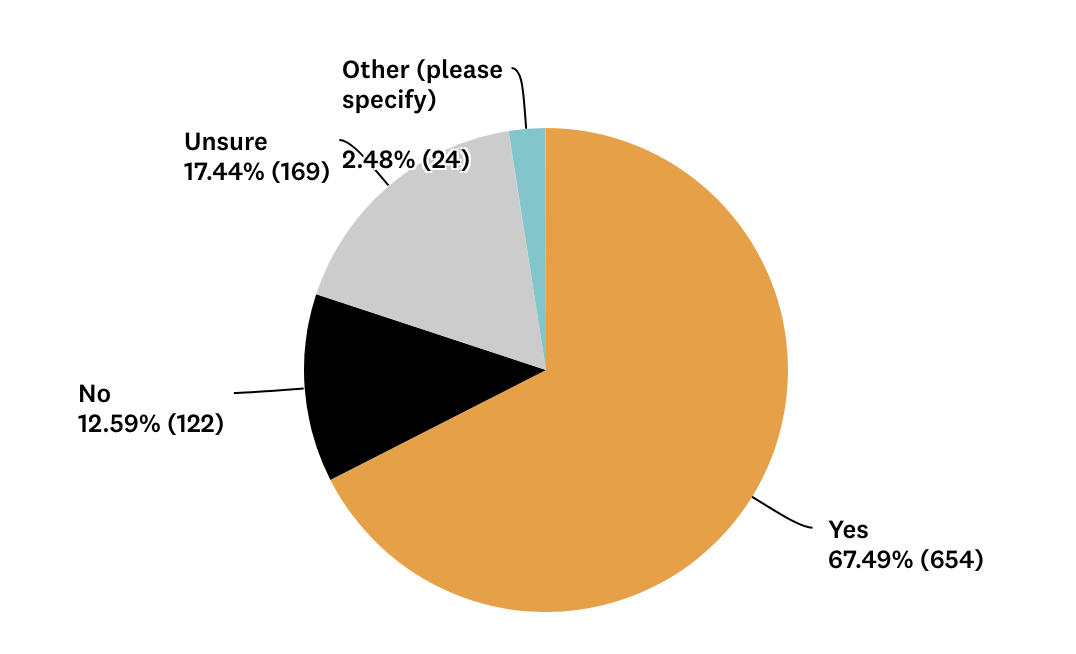by Anvita Kotha
Everywhere I turn, I see and hear the phrases “return to normal.” Who wants to return to the past?
I want my COVID-19 experiences to mean something. Like most of my generation, I want a better normal and a brighter future.
The sudden and rapid onset of the COVID-19 pandemic has turned our definitions of normal upside down, whether that’s at home, in our communities, in organisations and businesses where we work or any other places and situations in which we find ourselves.
The world -and our lives- have been thrown, for lack of better words, helter-skelter.
Why should we return to normal?
What is normal, anyway?
What was so good about the pre-COVID times?
I am optimistic for constructive change. We can collectively do more and create better, a “better normal” for our global community.
As an intern at The Centre for Optimism, I have had the chance to turn optimism into action with Centre’s “Better Normal” Project galvanising people with those words a “better normal.”
“The crisis management strategy phase of ‘getting back to normal’ is dead. People want more. They want better. True leaders will use lessons learned from COVID-19 to do better, to build a ‘better normal’ to reassure, strengthen trust and build confidence with realistic optimism.”
Robert Masters, Chair, The Centre for Optimism
The Centre for Optimism is undertaking a global survey on “The Better Normal” using survey monkey and one-to-one interviews and has attracted a multitude of over 1000 diverse respondents from 22 countries.
Why did they do this?
The Centre’s Chair Robert Masters believes that “People want more. They want better,” and he believes the post-COVID world is a jackpot to build a “better normal” full of opportunity.
The survey posed questions to individuals regarding their views of normalcy and whether they wanted a “better normal” for themselves, then their communities and country based on their experience of the pandemic. After asking about whether an individual wanted a better normal, the survey proceeded to question them about their specific answers. As in, what is the better normal an individual sees for themselves? What is the better normal they see in the future for their communities and governments?
The survey’s questions delve deeper into the reasoning and expectations of the individuals. They ask if individuals foresee or hope for any specific government policies or some key organizational policies, and request us to write down the specific policies we would like to change or newly implement. Then they ask the individual what the role of optimism plays in the formation of their better normal, and urges those who answer to explain what supports their optimistic outlook despite the difficult times.
While looking at the results of the survey, it is clear that COVID-19 has served as the stimulant for change for many of the respondents.
Nearly 70% of the respondents expressed the need for growth through personal change, i.e. a “better normal” for themselves and over half the people who replied (55%) indicated that they saw the potential for a “better normal” expand beyond themselves to their communities and their countries.

“Despite the fact that I’m 88 years of age, I always think my best days are ahead. I don’t know how I’ll make the future better; I just know I will. There are closer family ties. I give myself permission to not be productive all the time. The pace of life slowed down. I think some good things have already happened.”
From the Centre for Optimism’s Better Normal Survey 2020
And in fact, many people have remained optimistic throughout the pandemic. The mantra: “We are all in this together” seems to have struck a serious chord in many, and they expect to follow through in the post COVID world. The survey also reflected that an individual’s mindset along with their life experience helped to keep their optimistic outlook intact and regular positive conversations, and expression of gratitude improved their optimism during the pandemic.
Mr. Masters was right.
People want positive change in their lives. We don’t want to return to normal.
We want to actively work together to create a new normal, a “better normal,” and the Centre of Optimism is sure that the post-COVID era will reflect a multitude of developments and advancements in all parts of our lives, our personal, work, and further developments in our communities and countries.

